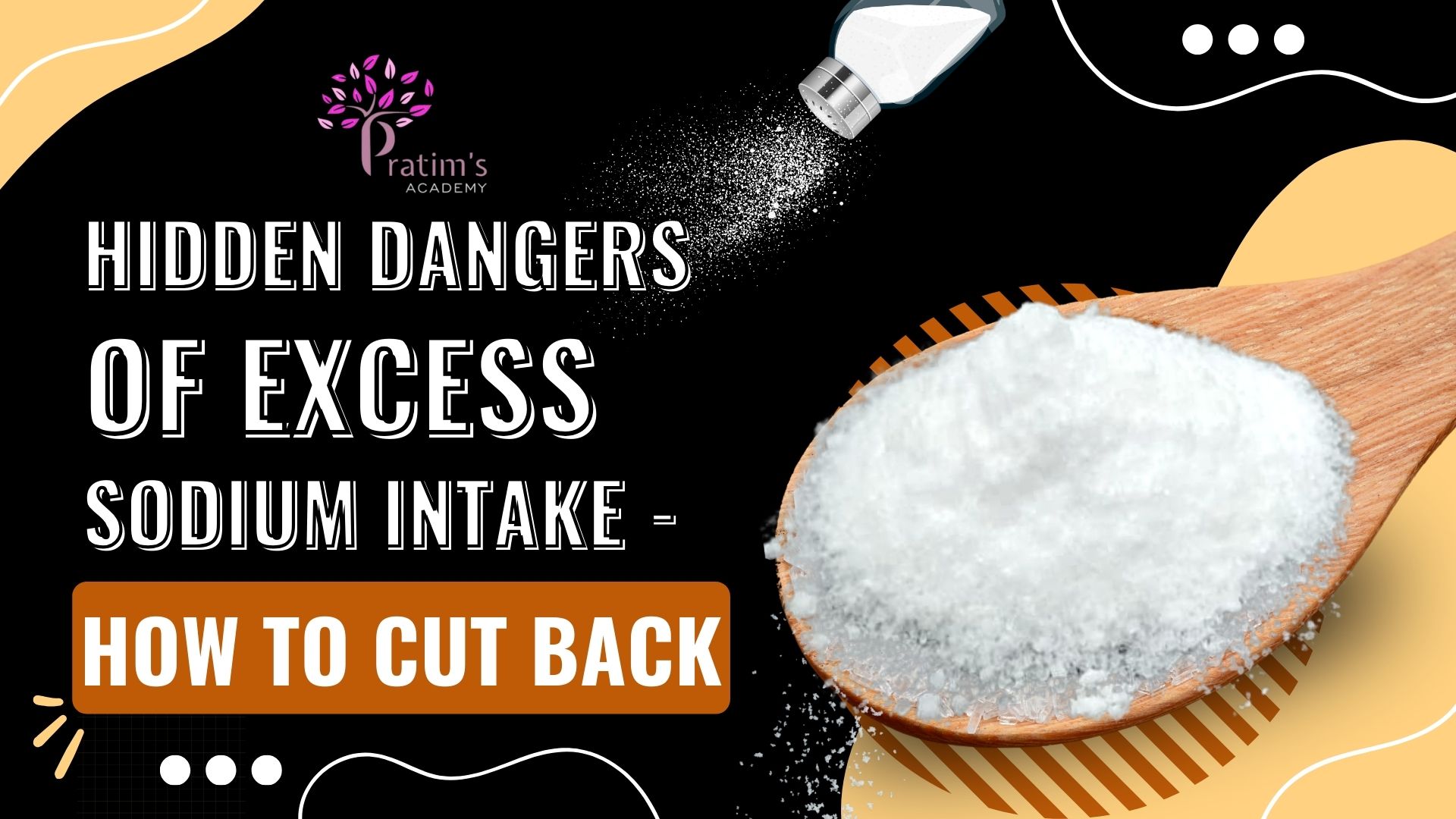
- 676
- 0
Is Frothy Urine a Sign of a Serious Health Issue?
Visualize this: Your daily routine was as predictable as clockwork. You wake up, brew a fresh cup of coffee, and start your day without a hitch. Though, one morning, something strange grabs your attention. As you stand in the toilet, you notice that your urine has transformed. It’s not just the colour change that surprises you; it’s the froth, the froth that seems to hold secrets you were unaware of until now. While frothy urine may not be a common topic of discussion, it can provide valuable insights into our health. Those bubbles or foam in your pee could be a signal from your body and a cause for concern. Let us explore the causes, levels, and treatment options for foamy urine problems to keep an eye on them and ensure all is well.
What is Frothy Urine?
Frothy urine, as the name suggests, is urine that appears to be filled with bubbles or foam. Usually, our urine should be light yellow, without any froth. If you notice the presence of foam or bubbles in your urine occasionally, it is not an immediate cause for concern. However, if the foam appears frequently in your urine, then you should take it seriously and contact your physician. Frothy urine can be an early indicator of an underlying health issue, and it’s essential to know what it might be trying to tell you.

Now let’s discuss the 7 reasons why your urine is frothy or foamy:
You need to notice whether the foamy urine is temporary or not. It may be linked to your diet or medication or may be a sign of an underlying health condition.
- Speed of urination: If you hold your urine for too long time and your urinary bladder is full, your urine may hit the toilet at a faster speed than normal and cause bubbles.
- Toilet cleaning chemicals: toilet cleaning products in the toilet bowl that react with the urine and create bubbles of foam.
- Medications: Due to certain medications or foods, the colour of urine might become darker with bubbles in it. Nevertheless, this problem is dissolved as soon as you stop taking that particular medicine or food.
- Dehydration: Concentrated urine can appear frothy. Staying well-hydrated is key to preventing this.
- Proteinuria: When an excess of protein is present in your urine, it can create froth. This may be a sign of kidney problems. You can also go through the following YouTube video to learn more about proteinuria:
- UTI: Urinary tract infection can cause foamy urine due to the presence of bacteria in the bladder. However, pain or burning sensation during urination, frequent urination, and blood in the urine are also present in addition to foamy urine. To know more about UTI click the link below:
- Semen in urine: Although rare, sometimes the presence of semen in urine in the case of males can cause frothing.
Is there any link between foamy urine and pregnancy?
Foamy urine during pregnancy is not an uncommon phenomenon for women as the body produces more protein due to hormonal changes to support the growth and development of the fetus. But if other symptoms like headaches, swelling, or high blood pressure persist in addition to foamy urine, it could be a sign of a serious pregnancy complication – preeclampsia.
When Does Frothy Urine Sound the ‘Doctor Alarm’?
The level of frothiness in your urine can vary from mild to severe. While mild frothy urine may not be a cause for immediate concern, especially if the foam disappears within a few minutes. However, severe frothiness can signal a more significant health issue and if you notice the foam remains intact along with other symptoms, it’s advisable to consult a healthcare professional.
Symptoms Associated with Frothy Urine
If frothy urine is accompanied by symptoms such as swelling (edema), particularly in the feet and ankles or changes in urination, blood in urine, shortness of breath, lower back pain, and decreased appetite. In that case, it can be a sign of an underlying kidney issue, and is important to investigate the root cause of frothy urine promptly. To learn more about foamy urine and kidney disease click the following link:
Treatment for foamy urine
Treatment for frothy urine depends on its underlying cause. For instance:
Positive Lifestyle Changes: In cases of diet or dehydration-related frothy urine, simple changes like drinking more water, modifying your diet with low sodium intake, exercising, and quitting smoking can resolve the issue.
Medications: If an underlying medical condition like kidney disease is responsible, medications and lifestyle adjustments may be prescribed.
Remember, always follow your healthcare provider’s guidance when seeking treatment for frothy urine. For any further assistance, you can contact Nephrocare India Pvt. Ltd, Kolkata, West Bengal, India or visit our website
Therefore, in a nutshell, it can be said that although frothy urine might be an unexpected topic, it shouldn’t be ignored. Changes in your urine can serve as valuable indicators of your overall health. If you notice persistent frothy urine, don’t hesitate to seek medical advice. Early intervention can make a world of difference in your well-being.
Comment
Check Your EGFR
***We Promise, no spam!






